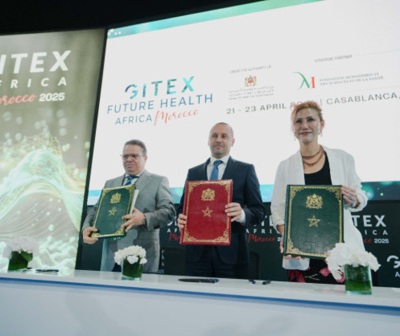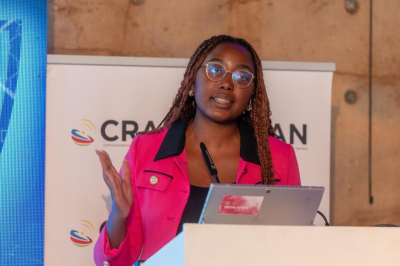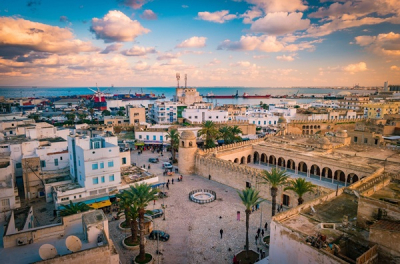In Kenya, transactions at the Mombasa tea auction house are now exclusively performed online through the electronic portal iTTS (Integrated Tea Trading System). With the US$2.12 million portal, the Mombasa Tea Auction House officially ends its physical interactions with tea traders.
For Arthur Sawe, chairperson of the East African Tea Trade Association (EATTA), the portal funded by the Danish International Development Agency (DANIDA), will boost tea traders' and farmers’ benefits by reducing operating costs.
“The digitization seeks to fill gaps in the current procedures, which are done manually including membership and cataloging,” he added
According to Morgens Strunge Lursen, Councilor at the Danish embassy in Kenya, "the launch of the iTTS is particularly exciting because it helps position such a critical sector for future growth and success by driving efficiency and supporting both increased traceability and information exchange."
The Mombasa Tea Auction House serves Kenya, Mozambique, Tanzania, Malawi, Burundi, Ethiopia, DRC, Rwanda, Madagascar, and Uganda. Its digitization, which led to the creation of the iTTS portal, began in May 2020 at the start of the coronavirus pandemic. It helped the industry respect social distancing requirements by allowing buyers to place their tea bids online. After a two-year pilot phase, the iTTS portal was launched on March 31, 2022.
According to a release announcing the launch, “in time, iTTS is expected to shorten the pre-auction, auction and post-auction stages; create the potential for increased frequency in trading volumes; reduce the tea trading cycle by about 65 percent from the current 45 to 60 days to less than a month; and, fast track payments to farmers and reduce the need to take loans to finance farming operation.”
Users will only need connected devices (phones for instance) to track the tea they bought through auctions from factories to shipping companies. The portal also includes features allowing resellers to analyze global market trends. According to Kenya's Permanent Secretary for the East African Community, Kevit Desai, “the manual procedure involves middlemen, producers, warehouses, brokers, buyers. (...) The trickle-down effect was that farmers had little say in the prices of their tea but the new system is inclusive, and farmers will benefit immensely.”
The iTTS “will ensure that stakeholders of the tea auction, including farmers, buyers, and sellers receive real-time information on what is happening on the auction bourse, which will boost confidence in the Process,” concludes EATTA Managing Director, Edward Mudibo.
Ruben Tchounyabe



















